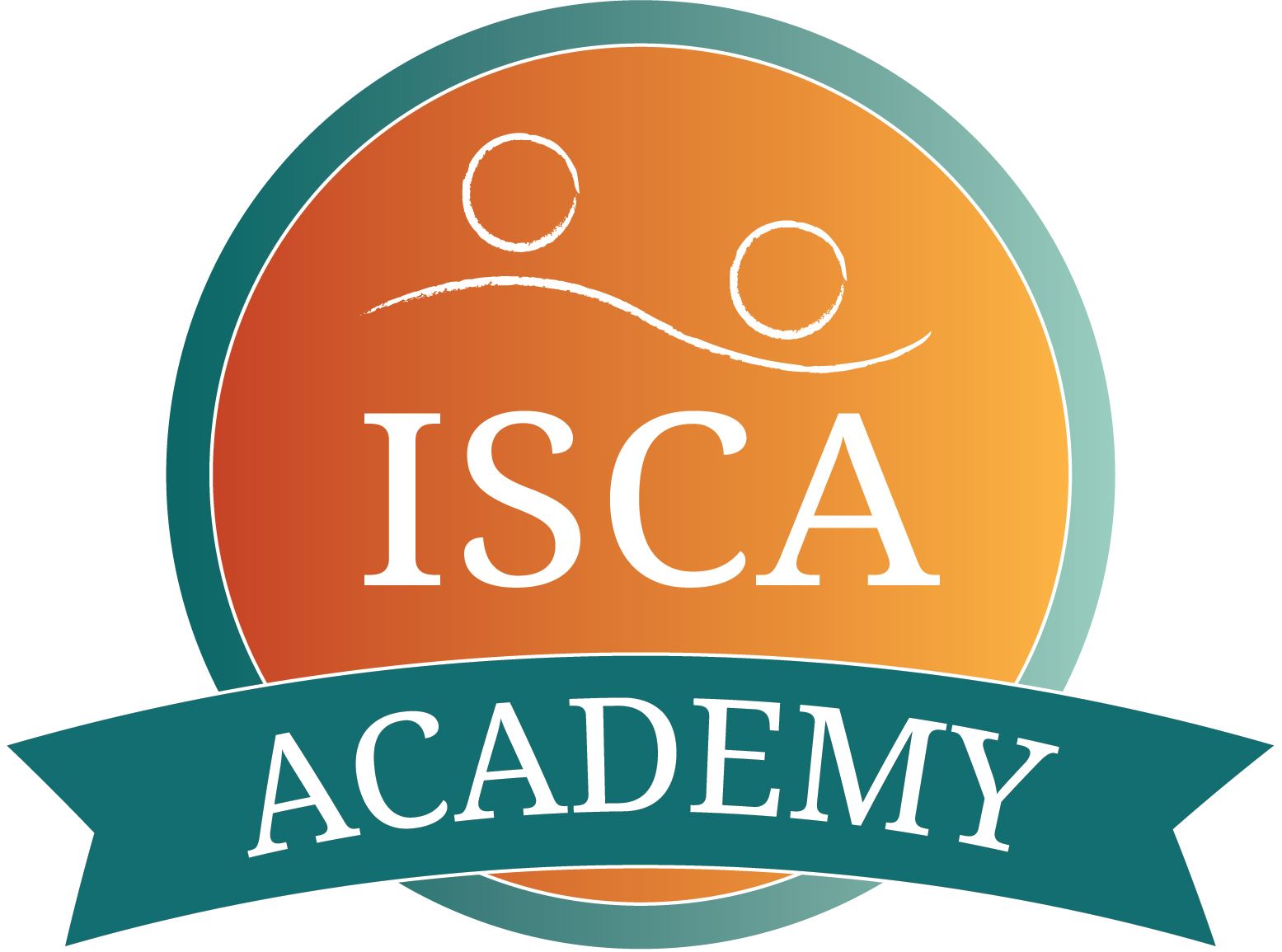- Home
- DEIJ for Educators: Creating More Equitable School Environments
|
Course Title |
DEIJ for Educators: Creating More Equitable School Environments
|
Course Number | ISCA 401 |
Course Overview | Every student deserves culturally competent educators and pastoral staff who not only honor diverse identities, but who actively strive toward a more just and equitable world in their classrooms and beyond. This course aims to support international school counselors in promoting equity in their school communities. Our interactive course is designed to increase participants’ awareness of bias, discrimination, and privilege in their own lives, in the lives of their students, and in their school communities. Upon completion of the three-module series, participants will:Have a deeper understanding of the perspectives and experiences of both dominant and marginalized groups; develop awareness about the role they play in equity work; and be better equipped to provide tools for advocacy and leadership in doing anti-oppression work in the context of an international school. |
A. RESPONSIBILITY TO STUDENTS 10. Underserved and At-Risk Populations School counselors:a. Strive to contribute to a safe, respectful, nondiscriminatory school environment in which all members of the school community demonstrate respect and civility. B. RESPONSIBILITIES TO PARENTS/ GUARDIANS, SCHOOL AND SELF 2. Responsibilities to the School m. Promote cultural competence to help create a safer more inclusive school environment. B.3. Responsibilities to Self k. Work toward a school climate that embraces diversity and promotes academic, career and social/emotional development for all students. Behavior B-PF 6. Demonstrate understanding of the impact of cultural, social and environmental influences on student success and opportunities. b. Explain how students’ cultural, social and economic background may affect their academic achievement, behavior, relationships and overall performance in school. f. Understand personal limitations and biases, and articulate how they may affect the school counselor’s work. IB Standards: In line with the IB, the aim of the IB is to develop internationally minded people who, recognizing their common humanity and shared guardianship of the planet, help to create a better and more peaceful world. |
Intended Audience | All International Educators |
Essential Questions | What role does my own experience and perspective play in how I approach equity work? How can I provide leadership, support, and advocacy around equity issues to students, teachers, and administrators at my school? |
Knowledge | Skills |
Participants will have knowledge about: | Participants will be able to: |
|
|
About the Facilitator |
ANDREW MCGEEHAN (He/Him) - Lead facilitator Andrew holds an MA in Student Development & Higher Education from Seattle University and is the director of Trident Training & Consulting - an organisation whose mission is to help develop and create institutions and organisations that are respectful, open, inclusive, and free of harassment. He is also a DEIJ consultant at Linden Global Learning Support Services. Andrew has been leading workshops and developing policies on equity and student life for the past 10 years. Andrew discovered his passion for diversity & inclusion issues during his undergraduate life, where he was exposed to different ideas about identity, power, and inclusion. Andrew facilitates workshops related to consent, respect, boundaries, and appropriate response to sexual misconduct for both the National University of Singapore and Yale-National University of Singapore College. Andrew also leads and supports professional staff and student staff training for the past 10 years on topics such as effective supervision, giving and receiving feedback, teamwork, and conflict management. |
Dates and times of offerings | Cohort 4: September 15, 20, and 29, 2022 @8:30-11:00 GMT |
Contact hours | Nine (9) Professional Development Hours |
Time commitment between sessions | 1-2 hours between sessions. |
Required Resource(s) | Something to write with and something to write on. |
References | American School Counselor Association (2019). ASCA School Counselor Professional Standards & Competencies. Alexandria, VA: Author. |


